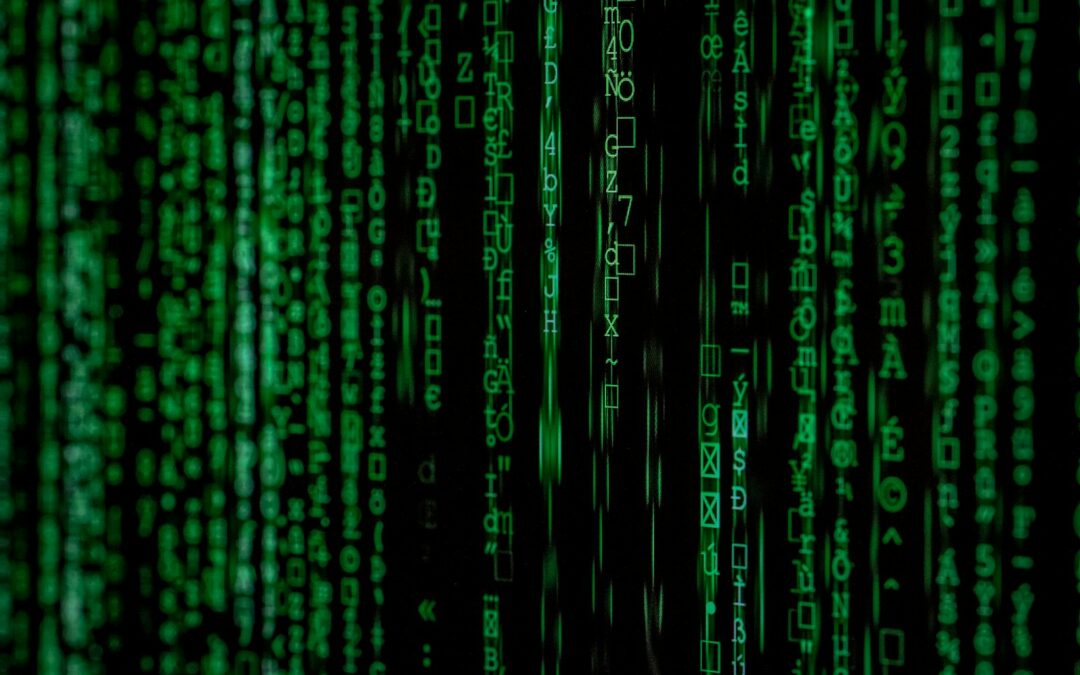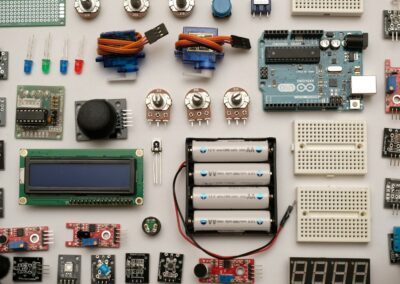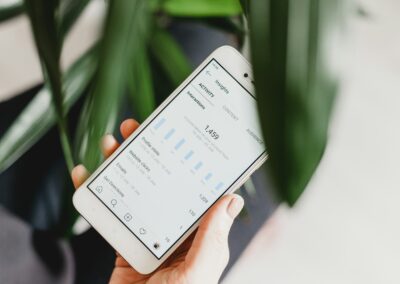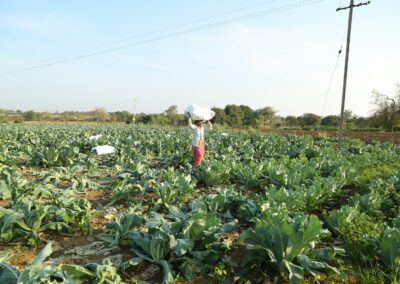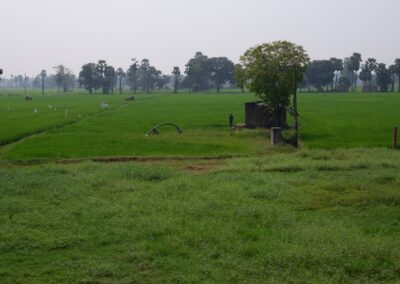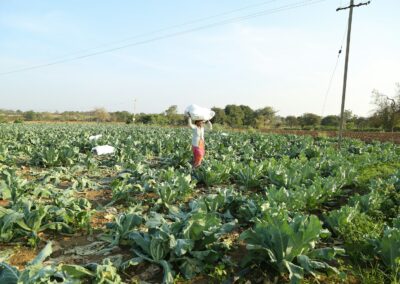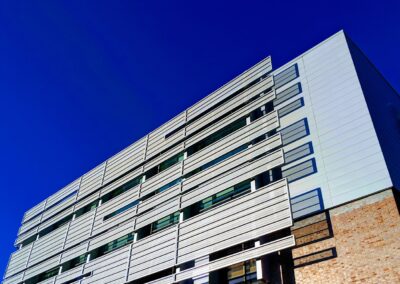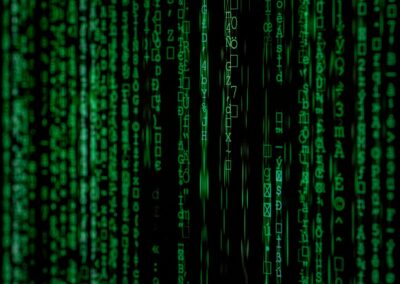Transforming Irrigation Systems with Digital Twins
Real-Time Insights for Optimal Water Management
The integration of digital twins into irrigation systems represents a significant advancement in smart agriculture, particularly in regions like Saudi Arabia and the UAE where water management is crucial. Digital twins are virtual replicas of physical assets that use real-time data to mirror their counterparts’ performance. By leveraging sensors and IoT devices, digital twins can provide continuous monitoring and real-time insights into irrigation systems. This technology allows for precise adjustments based on current conditions, ensuring optimal water use. For instance, in areas such as Riyadh and Dubai, digital twins can monitor soil moisture levels, weather forecasts, and crop health, enabling farmers to make data-driven decisions. This real-time insight minimizes water wastage and enhances crop yield, promoting sustainable agricultural practices in regions with scarce water resources.
Simulations for Improved Decision-Making
Digital twins offer powerful simulation capabilities that can significantly improve decision-making in irrigation management. By creating a virtual environment that replicates real-world conditions, digital twins enable the simulation of various scenarios and their potential impacts on irrigation systems. For example, farmers can simulate different irrigation schedules, water distribution patterns, and responses to weather changes to determine the most efficient strategies. In rapidly growing urban centers like Dubai and Riyadh, where agricultural efficiency is vital, these simulations help in identifying the best practices for water conservation and crop management. The ability to test and refine strategies in a virtual setting reduces the risk of implementing ineffective methods and ensures that resources are used efficiently, ultimately leading to better management of irrigation systems.
Enhancing Predictive Maintenance and Risk Management
The development of digital twins for irrigation systems also enhances predictive maintenance and risk management. By continuously monitoring system performance and analyzing historical data, digital twins can predict potential failures and maintenance needs before they occur. This proactive approach helps in scheduling timely maintenance, preventing unexpected breakdowns, and reducing downtime. In regions like Saudi Arabia and the UAE, where maintaining the reliability of irrigation systems is critical, predictive maintenance facilitated by digital twins ensures continuous operation and optimal performance. Additionally, digital twins can identify and mitigate risks by simulating adverse events such as droughts or system failures, allowing for the implementation of contingency plans. This comprehensive risk management capability ensures that irrigation systems remain resilient and effective under various conditions.
Integrating AI and Machine Learning
The integration of Artificial Intelligence (AI) and Machine Learning (ML) with digital twins revolutionizes irrigation management by providing advanced analytics and predictive capabilities. AI algorithms can process vast amounts of data from digital twins to identify patterns and trends that may not be immediately apparent. This advanced analysis enables more accurate predictions and better-informed decisions. For example, AI can optimize irrigation schedules based on weather forecasts, soil conditions, and crop needs, ensuring that water is used efficiently and effectively. In technologically advanced regions like Dubai and Riyadh, where innovation drives agricultural practices, the combination of AI and digital twins offers a sophisticated solution for enhancing irrigation management and achieving higher productivity.
Blockchain for Secure Data Management
Incorporating Blockchain technology into digital twin ecosystems provides a secure and transparent method for managing data related to irrigation systems. Blockchain’s decentralized and immutable nature ensures that data collected from digital twins is protected against tampering and unauthorized access. This security is crucial for maintaining the integrity and reliability of information used in decision-making processes. In urban centers like Riyadh and Dubai, where data security and transparency are paramount, Blockchain integration enhances trust among stakeholders and supports robust water management practices. By ensuring the accuracy and security of data, Blockchain technology complements the capabilities of digital twins, enabling more reliable and efficient irrigation management.
Supporting Sustainable Development Goals
The development of digital twins for irrigation systems aligns with broader sustainable development goals by promoting efficient resource use and environmental stewardship. By optimizing water use and improving crop management, digital twins contribute to sustainable agricultural practices that conserve water and reduce environmental impact. In regions such as Saudi Arabia and the UAE, where water scarcity is a significant concern, these technologies support efforts to achieve sustainable development and food security. Additionally, digital twins facilitate better resource planning and allocation, ensuring that water resources are managed responsibly and sustainably. By adopting these advanced technologies, stakeholders can drive progress toward sustainability while enhancing agricultural productivity and resilience.
#DigitalTwins #IrrigationManagement #SmartAgriculture #AIinAgriculture #WaterConservation #Blockchain #SustainableDevelopment #UrbanWaterManagement

